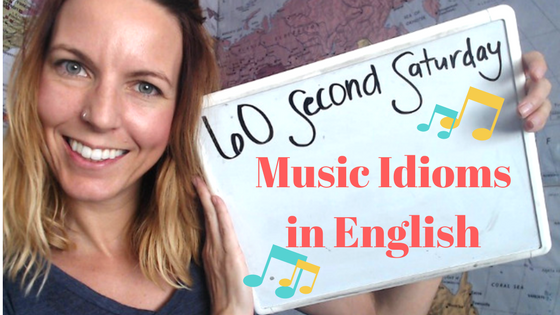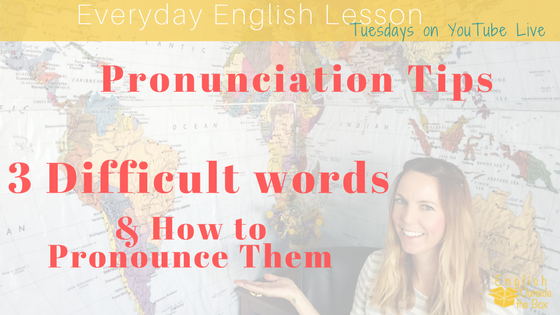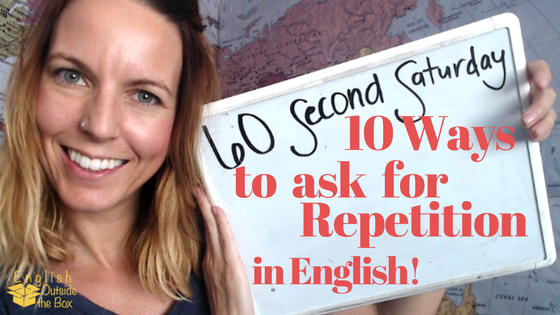60 Second Saturday: Music Idioms in English
Is it necessary for English fluency to learn and use idioms? I’ve been asked some variation of this question quite often, and the answer is… yes! Native speakers use English idioms in their conversations, when speaking and writing, and in social, professional, and academic situations. This is also true for phrasal verbs, but we’ll talk…
Read MoreEnglish Pronunciation Tips: 3 Difficult Words & How to Pronounce Them
Although many English learners find linking and word reductions quite difficult, it actually makes pronunciation much easier! You aren’t required to put so much effort into producing the language when you link and reduce words within a sentence. There are many rules to learn and principles to practice for accurate linking and more natural English…
Read MoreHow to Laugh in English: English Onomatopoeia
Have you ever wondered how to laugh in English? Perhaps you’ve wondered how you can express admiration or awe, or show surprise (in English) when you’re writing. If you plan on doing any writing in English, you need to be familiar with onomatopoeia. It’s important to note that English onomatopoeia is different than Portuguese onomatopoeia, or…
Read MoreSetting English Goals: What is English Fluency?
You are studying English because you want to be fluent. You want to be able to speak fluently. So, in order to have English fluency, you read this blog (and probably others), watch YouTube videos, follow Instagram accounts and Facebook profiles, and you watch TV or movies, in addition to a lot of other activities.…
Read More10 Ways to Ask Someone to Repeat Something in English
It’s important to know how to ask someone to repeat something in English whether you’re a native speaker or an English learner. In both cases, there are going to be situations that you simply don’t hear what someone said to you. As a learner, there will also be situations that you don’t understand because of how…
Read More




